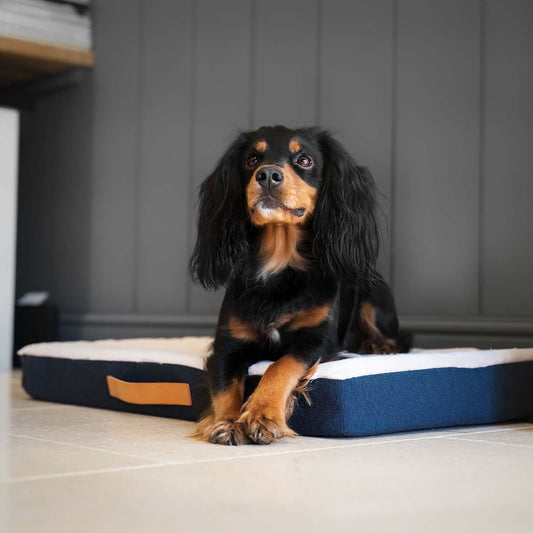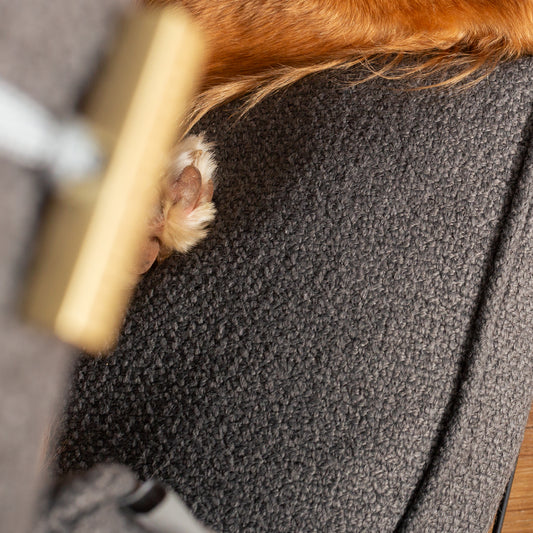As our furry companions age, their needs evolve, requiring us to make adjustments to ensure their comfort and wellbeing. One of the most crucial aspects of providing for our senior dogs is selecting the right bed and bedding. An elderly dog bed is not just a place for your dog to rest; it plays a significant role in their overall health and quality of life. In our guide, we will explore the essential factors to consider when choosing the perfect dog bed for your senior dog, ensuring they enjoy their golden years in the utmost comfort!
Understanding the Needs of Senior Dogs
Senior dogs, typically those aged seven years and older - depending on their breed, experience several physical changes. They may suffer from arthritis, joint pain, reduced mobility, and other age-related issues. These conditions are relieved by beds that provide ample support and comfort, aiding in pain relief and improving overall comfort and sleep quality.
Key Considerations for an Elderly Dog Bed
Support and Comfort
The primary purpose of an elderly dog bed is to offer support and comfort to aging joints and bones. Look for beds with orthopaedic or memory foam, which offers support to your dog’s body, providing pressure relief and reducing the strain on their joints. This support is crucial for dogs with arthritis or other musculoskeletal conditions.
Size and Space
Ensure the bed is appropriately sized for your dog. A bed that is too small can be uncomfortable, while an overly large bed may not provide the necessary support. Your dog should be able to stretch out comfortably without hanging off the edges. If you're unsure what bed is best for your dog, you can read our helpful How to choose a Dog Bed guide.
Ease of Access
Senior dogs often have reduced mobility and may struggle to get in and out of high or deep beds. Opt for a bed with low sides or a ramp to facilitate easy access. This is especially important for dogs with arthritis or hip dysplasia.
Material and Durability
Choose a bed made from high-quality, durable materials. The cover should be soft yet sturdy, capable of withstanding wear and tear. Look for beds with removable, machine washable covers for easy cleaning. This helps maintain hygiene and prolongs the bed’s lifespan.
Temperature Regulation
Did you know older dogs can be more sensitive to temperature changes? You may want to consider beds with temperature regulating features such as cooling gel or heating elements, depending on your dog’s needs and the climate. This ensures your dog remains comfortable year round. You could also opt for a heat pad too in cooler months.
Hypoallergenic Properties
Senior dogs may develop or suffer from allergies or skin sensitivities. A hypoallergenic bed made from non-toxic, natural materials can help prevent allergic reactions and skin irritations, contributing to your dog's overall health.

Types of Elderly Dog Beds
Orthopaedic Dog Beds
Orthopaedic beds are designed to provide maximum support for aging joints and bones. They are typically made with high-density memory foam or thick foam, which distributes your dog’s weight evenly and alleviates pressure points. These beds are ideal for dogs with arthritis, hip dysplasia, or other joint issues.
Heated Dog Beds
Heating elements you can add to your dogs bed are perfect for senior dogs who suffer from stiffness or arthritis. The gentle warmth can help soothe aching joints and muscles, promoting relaxation and improving blood circulation.
Elevated Dog Beds
Elevated beds keep your dog off the ground, providing better air circulation and reducing exposure to cold or damp floors. They also offer firm support, which can be beneficial for dogs with joint issues. Do ensure the bed is easy for your senior dog to access.
Bolster Dog Beds
Bolster beds as they're sometimes known, have raised edges, offering a sense of security and a place for your dog to rest their head. They combine comfort with support, making them a good choice for senior dogs who like to lean against something while sleeping. Ensure the height of the bed is manageable for your senior dog to climb over. Here at Lords & Labradors, we recommend our Box Beds for Dogs as they're just the right amount of firmness and softness to get cosied up.
Additional Tips for Choosing an Elderly Dog Bed
Observe Your Dog’s Sleeping Habits
It's good to notice to how your dog prefers to sleep. Some dogs like to stretch out, while others love curl up. Choose a bed that accommodates their preferred sleeping position for their utmost comfort.
Consult Your Veterinarian
Your vet can provide valuable insights into your senior dog’s specific needs, recommending the best type of bed based on their health condition.
Consider Multiple Beds
If your home has multiple floors or rooms, you may want to consider placing beds in different locations. This ensures your dog has a comfortable place to rest no matter where they are in the house.
Introduce the Bed Gradually
Try to remember, some dogs may be hesitant to use a new bed, especially in their older age. Introduce it gradually by placing their favourite blanket or toy on the bed to make it more inviting.
Regular Maintenance
Keep the bed clean and free from allergens by opting for a wipe clean or machine washable cover. Regularly wash the cover and vacuum the bed to remove hair and dirt. This helps maintain a healthy sleeping environment for your senior dog.
Choosing the right bed for your senior dog is a vital part of ensuring their comfort and wellbeing. An elderly dog bed should provide excellent support, be easy to access, and be made from durable, hypoallergenic materials. By considering your dog’s specific needs and preferences, you can find the perfect bed that will help them enjoy their golden years in comfort and happiness. At Lords & Labradors, we offer a wide range of high-quality beds designed to meet the needs of senior dogs, ensuring your furry friend gets the rest they deserve.


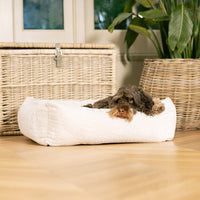

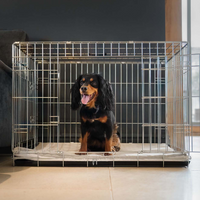
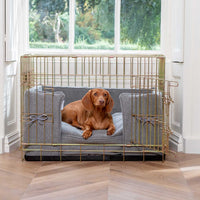
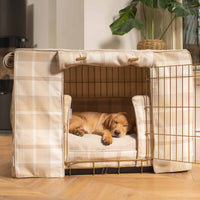

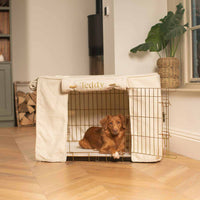
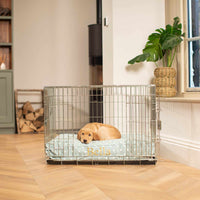
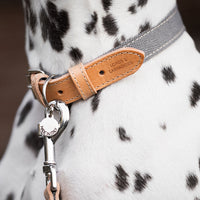

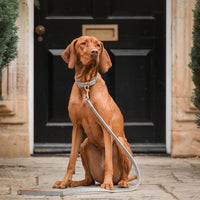
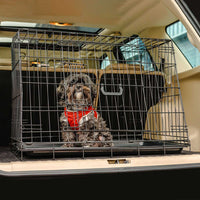

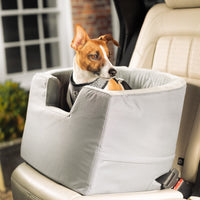
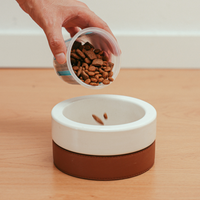
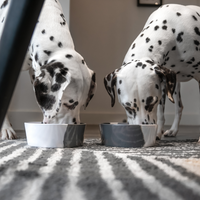



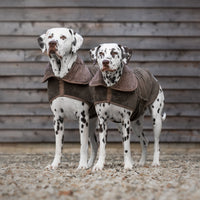
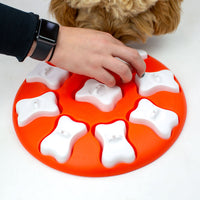





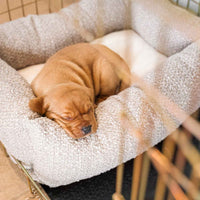

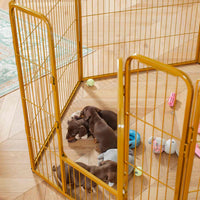






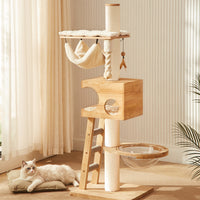




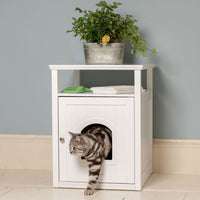

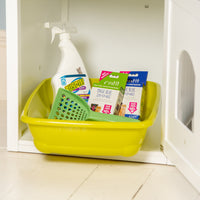
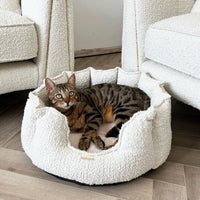
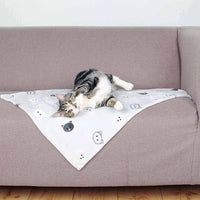
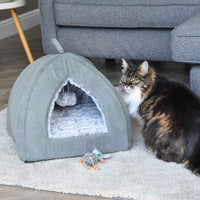



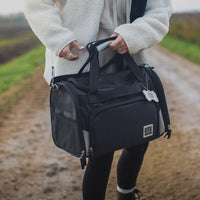




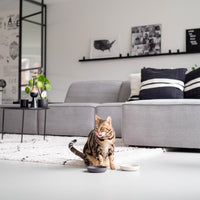
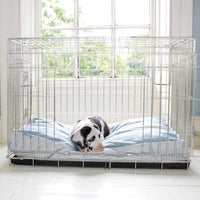

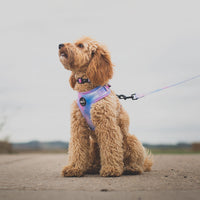
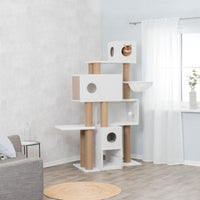

.jpg?v=1720108609369&options=)




